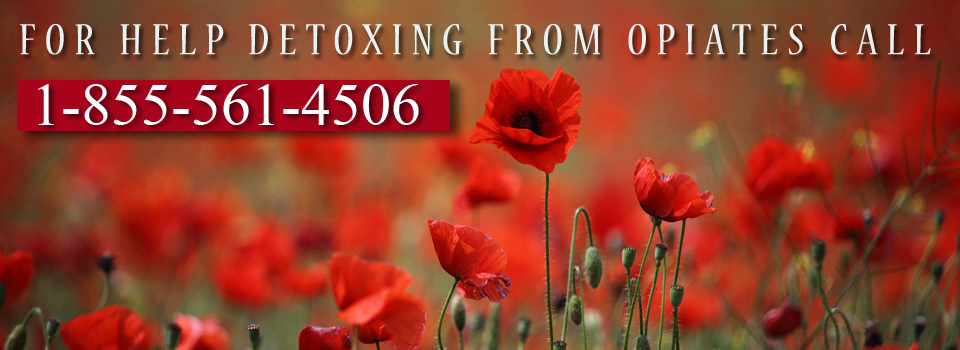
Substance use and addiction have deeply affected many Indigenous communities in Western Canada, often rooted in intergenerational trauma, systemic inequality, and loss of cultural identity. In response, Indigenous-focused detox programs have emerged to provide culturally safe, respectful, and effective care for Indigenous peoples beginning their recovery journey. These programs are designed to honor Indigenous traditions and healing practices while integrating modern medical care to support physical and emotional wellness.
Why Culturally Safe Detox Matters
Mainstream detox programs may not always meet the unique cultural, spiritual, and social needs of Indigenous clients. Indigenous-focused detox services recognize the importance of cultural identity in healing and recovery. Culturally safe care goes beyond simply offering medical treatment—it involves creating a space where Indigenous individuals feel respected, understood, and empowered.
Elements of culturally safe detox include:
- Respect for traditional beliefs, languages, and practices
- Inclusion of Elders, Knowledge Keepers, and cultural practitioners
- Integration of ceremonies, such as smudging, drumming, and sweat lodges
- Recognition of the historical impacts of colonization and residential schools
By offering a holistic approach, these programs help clients reconnect with their identity and community as part of the healing process.
Examples of Indigenous-Focused Detox Programs in Western Canada
Sunrise Healing Lodge (Calgary, Alberta)
Sunrise Healing Lodge provides a culturally rooted detox and recovery program for Indigenous men. The center combines Western clinical methods with traditional Indigenous practices, including talking circles, spiritual guidance, and land-based activities.
Eagle Women’s Lodge (Winnipeg, Manitoba)
This facility offers a detox and healing program specifically for Indigenous women. Services include culturally adapted counseling, ceremony, and support from Indigenous staff who understand the unique challenges faced by Indigenous women dealing with addiction.
Metis Addictions Council of Saskatchewan Inc. (MACSI)
MACSI operates detox and addiction services across Regina, Saskatoon, and Prince Albert. Their programs blend professional treatment with Métis cultural values, teachings, and traditions to foster healing in a respectful and inclusive environment.
Tsow-Tun Le Lum Society (Lantzville, British Columbia)
While primarily a treatment center, Tsow-Tun Le Lum supports detox referrals and provides spiritual and emotional healing grounded in Indigenous culture. They work closely with individuals and families to prepare for detox and transition into recovery.
Accessibility and Community Partnerships
Many Indigenous detox programs in Western Canada collaborate with First Nations health services, provincial health authorities, and local communities to increase access to care. Some programs are free or low-cost and include transportation, housing, and outreach services. Community involvement ensures that the programs remain relevant and responsive to the needs of those they serve.
Conclusion
Indigenous-focused detox programs offer a powerful and culturally meaningful pathway to recovery for Indigenous peoples in Western Canada. By combining clinical care with traditional healing methods, these programs address not only the physical aspects of addiction but also the cultural and spiritual wounds left by generations of trauma. As more Indigenous-led and culturally grounded services emerge, they offer hope, healing, and empowerment to individuals and communities striving for wellness and sobriety.

